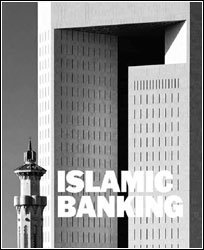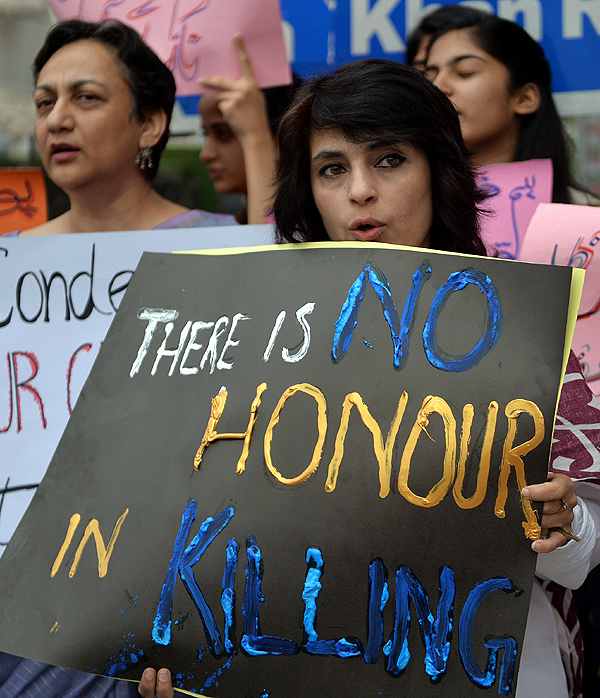The concept behind Islamic Banking
Thursday, December 1st, 2011 5:03:03 by Momina Khan
The concept behind Islamic Banking
Islamic banking is based on the principles of Islamic economics — an economic framework in accordance with Islamic law (Sharia’h).
There are two types of Islamic economics:
• Caliphate, the Islamic form of government representing the
political unity and leadership of the Muslim world (Islamic
political framework)
• Assuming the political framework is non-Islamic, therefore,
seeking to integrate some prominent Islamic tenets into a
secular economic framework
Caliphate is the absolute Islamic rule, thus the economy focuses on distribution of resources in order to meet the basic and luxurious needs of individuals in society, and the state has a clear role in
policing, taxation, managing public assets, and ensuring the circulation of wealth. Such a political framework in its true form does not exist in today’s world.
Assuming non-Islamic political framework simply proposes two main tenets: no interest can be earned on loans and socially responsible investing. This is the way conventional banking is Islamized—the first step towards an Islamic
economic framework.
Modern day Islamic scholars and academics have developed various modes of Sharia’h complaint financing that are designed to work within the prevailing capitalist economic framework. In order to achieve this balance numerous concessions
have been afforded to financial institutions that would not apply if a viable interest free economic system existed. The intention behind making these concessions is to encourage the evolution of this type of alternative system.
ISLAMIC BANKING
Islamic banking refers to a system of banking or banking activity that is consistent with Islamic law (Sharia’h) principles and guided by Islamic economics. In particular, Islamic law prohibits usury, the collection and payment
of interest, also commonly called riba.
Generally, Islamic law also prohibits trading in financial risk (which is seen as a form of gambling). In addition, Islamic law prohibits investing in businesses that are considered unlawful, or haraam. Islamic finance has been
gaining momentum on a global scale for the last 30 years.
Though it is often claimed that there is more to Islamic banking, such as contributions towards a more equitable distribution of income and wealth, and increased equity participation in the economy, it nevertheless derives its
specific rationale from the fact that there is no place for the institution of interest in the Islamic order.
Islam prohibits Muslims from taking or giving interest (riba) regardless of the purpose for which such loans are made and regardless of the rates at which interest is charged.
The Islamic ban on interest does not mean that capital is costless in an Islamic system. Islam recognizes capital as a factor of production but it does not allow the factor to make a prior or pre-determined claim on the productive
surplus in the form of interest. This obviously poses the question as to what will then replace the interest rate mechanism in an Islamic framework. There have been suggestions that profit-sharing can be a viable alternative. In Islam, the owner of capital
can legitimately share the profits made by the entrepreneur. What makes profit- sharing permissible in Islam, while interest is not, is that in the case of the former it is only the profit-sharing ratio, not the rate of return itself that is predetermined.
Nonetheless, many Islamic Banks have sprung up over the last few years. These changes are occurring both in Muslim and in western countries, and are driven by a global trend amongst Muslims. It might have been the reason why Islamic
Banking emerged, however, today Islamic Banking is sought by Muslims and non-Muslims due to the benefits it offers.
Tags: Islamic banking, Islamic economics, Islamic law, riba, Shariah, usury
Short URL: https://www.newspakistan.pk/?p=5260

















